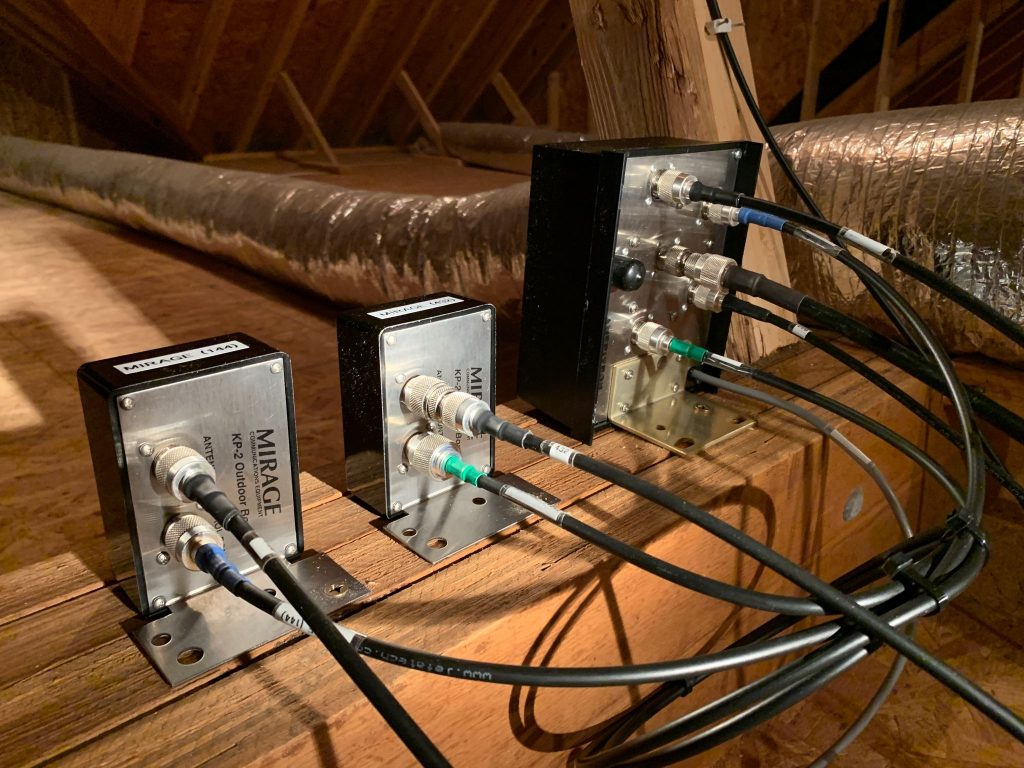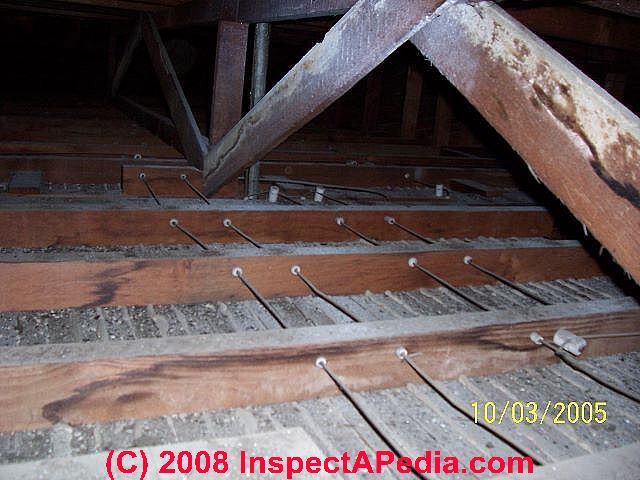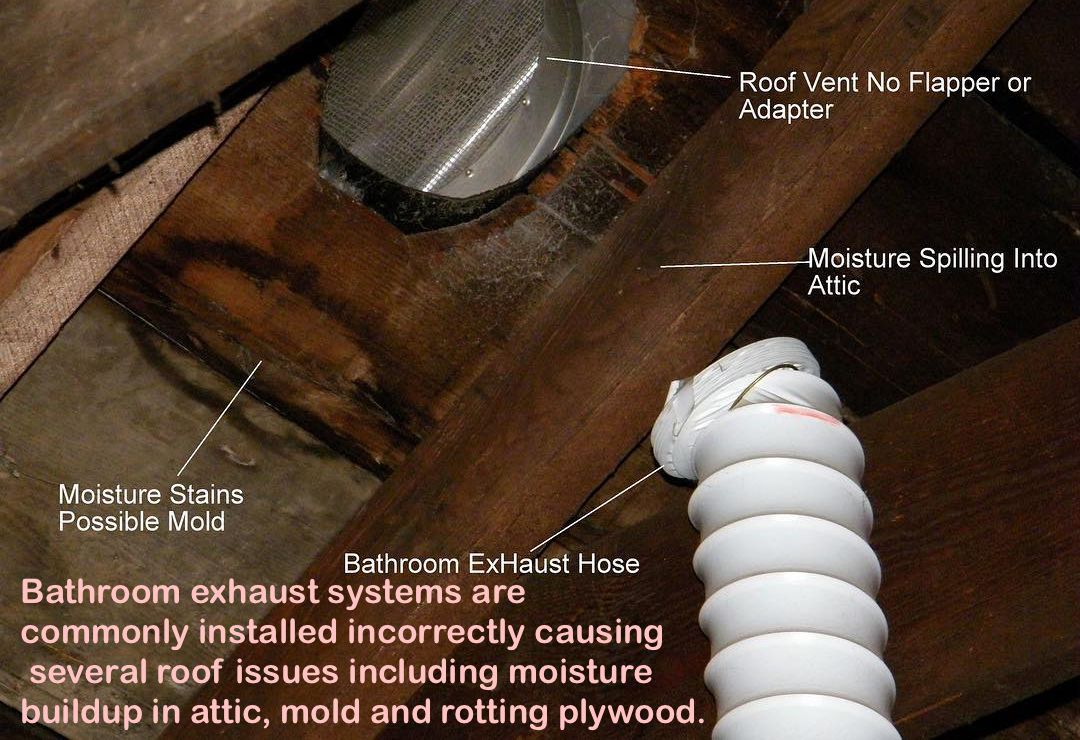After routing the security cameras wires outside you can add a security camera wire cage to protect outdoor cameras from being tempered or stolen by the thieves.
Run wires nonaccesible from outside to attic.
Nm through to soffit in non accessible attic junction box under soffit to transition from nm to 10awg thwn grounds crimped thwn in 3 4 metal conduit down to switch or 2 circuit solar load center through the wall into the basement and into the subpanel sized for at least 5760w if using a load center or 3840w if using switch.
If you can run it across by stapling it to the rafters you can avoid the insulation thing.
I just got back from my attic and realized i can t access the soffit from there.
One method is to run individual wires in a conduit system such as intermediate conduit rigid.
The original plan was to run security camera wires up through soffit into attic down into basement but that no longer is an option.
Prepare for that by moving insulation away from the walls through which you need to pass the wires and marking the existing wires you need to remove.
Step 2 find your attic access.
Do not drill them through the joists or rafters.
Add a wifi extender to boost the wifi signal.
Calculate the proper amount of wire and the most expedient routes for the circuits.
If you don t want to remove drywall then you ll be running most of the wires through the attic or the crawl space.
If you are planning to run security camera wires outside beyond the suggested range take the following tips into account.
If the attic is inaccessible you have less a worry about protecting the wires than you would if it were a storage area.
The attic wiring should be protected and secured to ceiling joists or other wood structural supports.
There are two ways to run electrical wiring on the exterior walls of a house or other structure.
Yes this should be corrected and it would be good to have the wiring and all the circuit connections inspected as well.




























